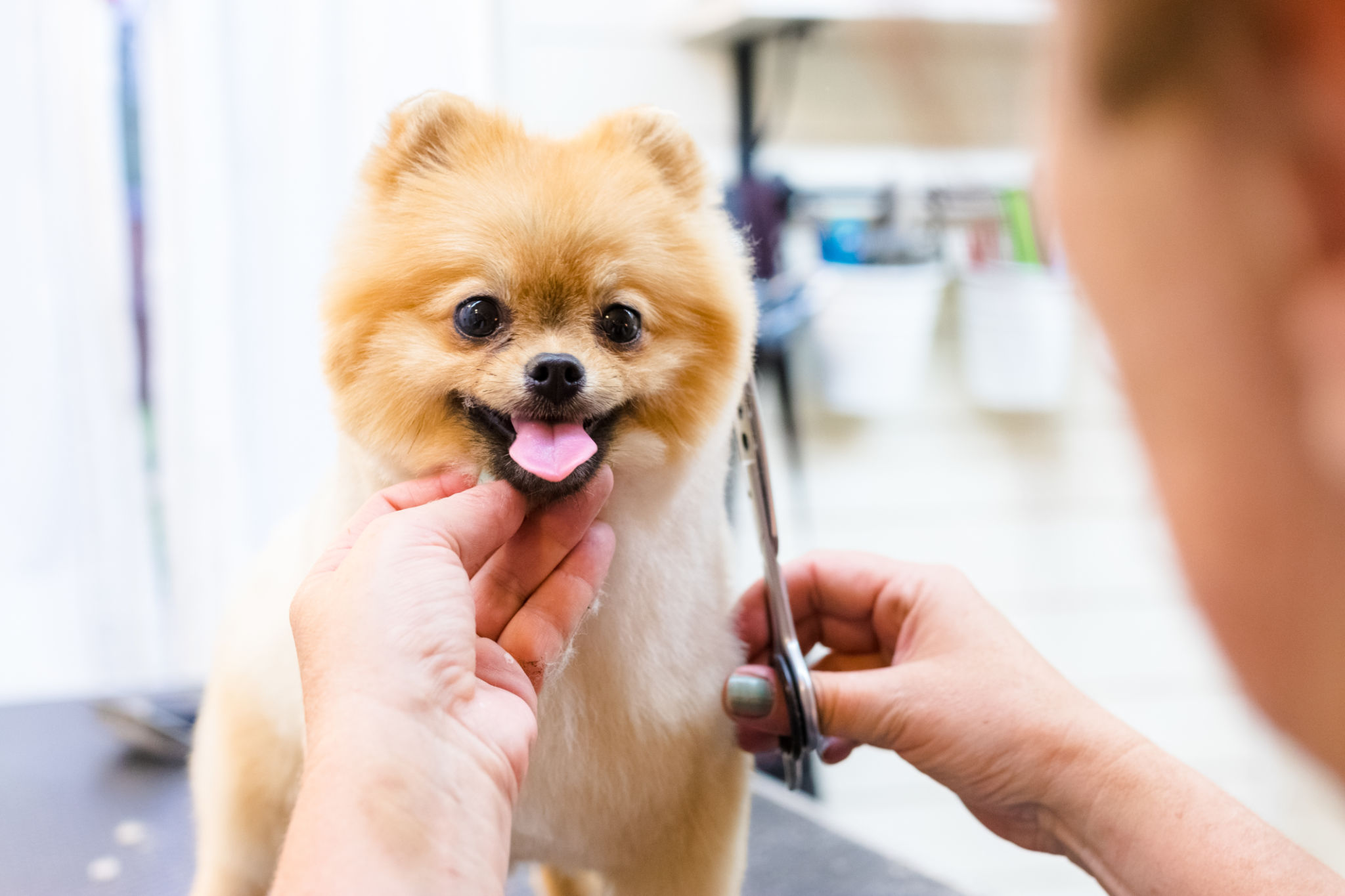Preparing Your Dog for Seasonal Adventures: Tips from Bennett's Top Trainers
Understanding Seasonal Changes
As the seasons change, so do the needs and behaviors of your canine companions. Different weather conditions can have varying effects on dogs, influencing everything from their energy levels to their grooming requirements. Preparing your dog for these seasonal adventures is essential for their well-being and enjoyment.
At Bennett's Top Trainers, we understand that each season presents its own set of challenges and opportunities. Whether it's the heat of summer or the chill of winter, ensuring your dog is ready for the activities and conditions they'll face is key to a happy and healthy experience.

Essential Gear for Each Season
Your dog's comfort and safety during seasonal adventures depend largely on having the right gear. In the summer, consider investing in a cooling vest or a portable water bowl to keep your pet hydrated and comfortable. On the other hand, winter may require a warm dog coat or booties to protect their paws from ice and salt.
Spring and autumn can be unpredictable, so being prepared with versatile gear like raincoats or lightweight jackets will ensure your dog stays dry and comfortable no matter what the weather throws your way.
Training for Seasonal Activities
Training your dog for specific seasonal activities can enhance their experience and ensure safety. During summer months, training your dog for water safety if you plan on swimming is crucial. Teaching them to recognize hazards like strong currents or unfamiliar wildlife is also beneficial.

In winter, practicing recall commands is essential, especially in areas with snow where visibility might be reduced. Ensure your dog is comfortable walking on different terrains, such as icy or muddy paths, which can be more challenging during seasonal changes.
Adjusting Diet and Nutrition
As the seasons change, so might your dog's nutritional needs. In colder months, dogs might require more calories to maintain body heat, while in warmer months, a lighter diet could be more appropriate. Consulting with a veterinarian about adjusting your dog's diet to suit the season is always a good idea.
Additionally, incorporating seasonal fruits and vegetables into their diet can provide essential nutrients. These may include pumpkin in the fall or berries in the summer, which are both delicious and beneficial.
Maintaining Grooming Routines
Grooming is another essential aspect that changes with the seasons. Regular grooming helps manage shedding, which can be more prevalent during spring and autumn. Brushing your dog frequently can reduce fur around the house and prevent matting.

In summer, keeping your dog's coat trimmed can help prevent overheating, while in winter, maintaining a longer coat might offer added warmth. Always ensure that grooming products used are suitable for the season to protect your dog's skin and coat.
Monitoring Health and Behavior
Seasonal changes can also affect your dog's health and behavior. It's important to monitor them for any signs of discomfort or illness as temperatures fluctuate. Keep an eye out for symptoms such as lethargy, excessive panting, or reluctance to play outside.
If you notice any changes in behavior or health that concern you, consulting with a veterinarian promptly is essential. Regular check-ups can help catch any seasonal-related health issues early.
Conclusion: Enjoying Every Season Together
By taking these steps to prepare your dog for seasonal adventures, you ensure they stay healthy and happy all year round. From the right gear to proper training and nutrition, every aspect plays a vital role in their well-being.
Remember, each season offers unique opportunities for bonding and exploring with your furry friend. With a little preparation and care, you'll create memorable experiences together that you'll both cherish.